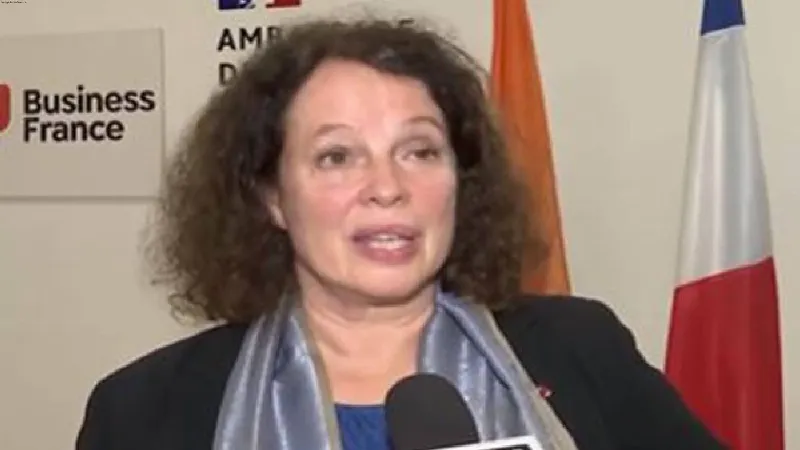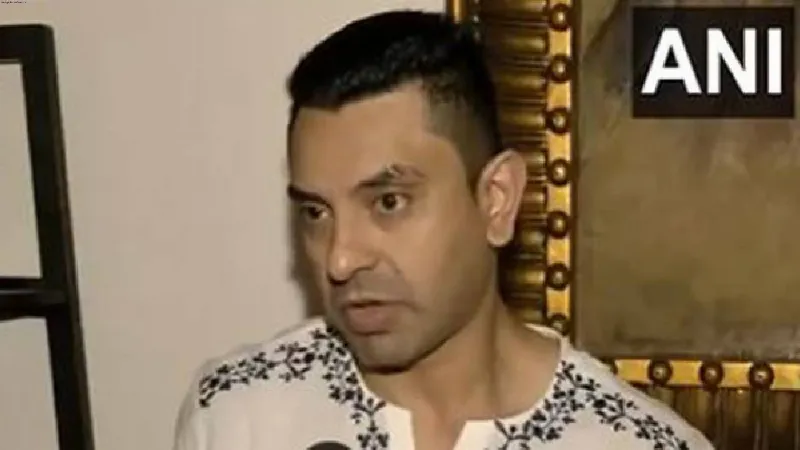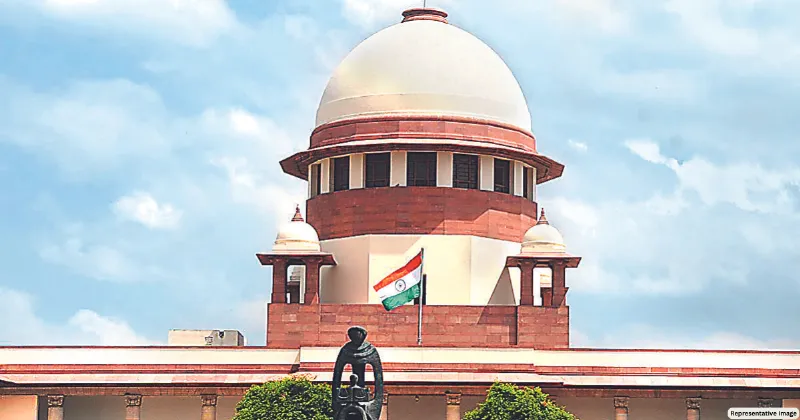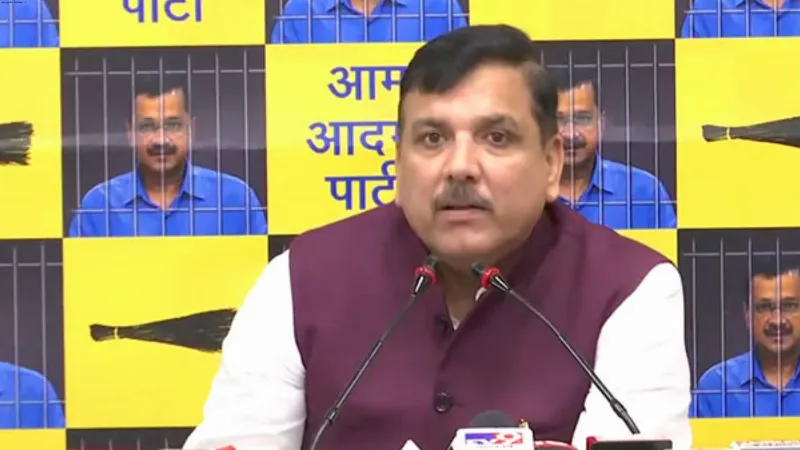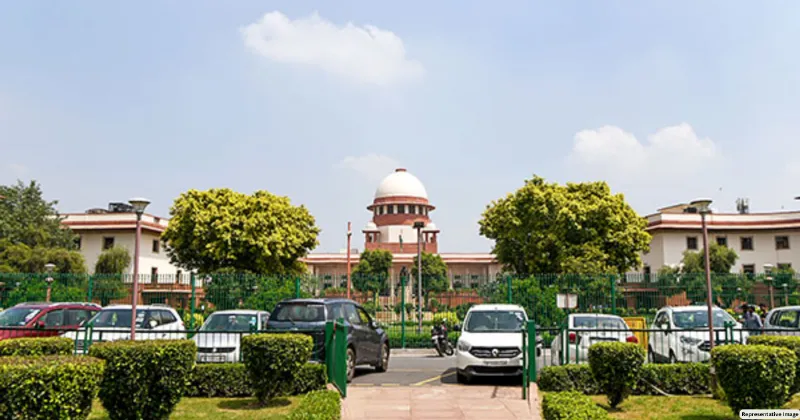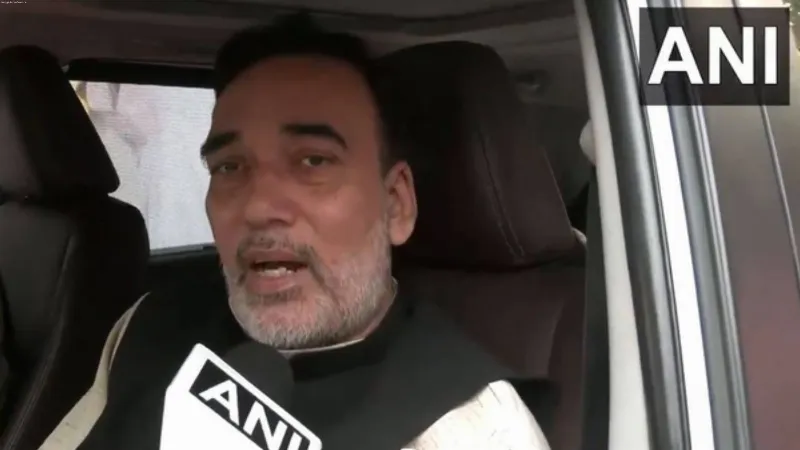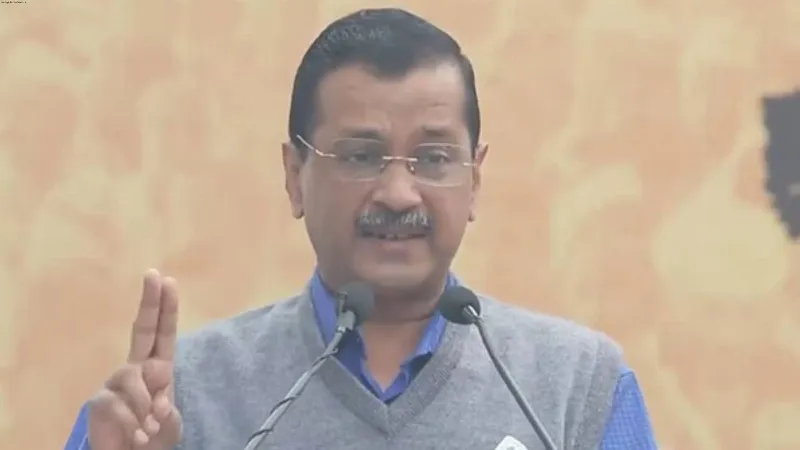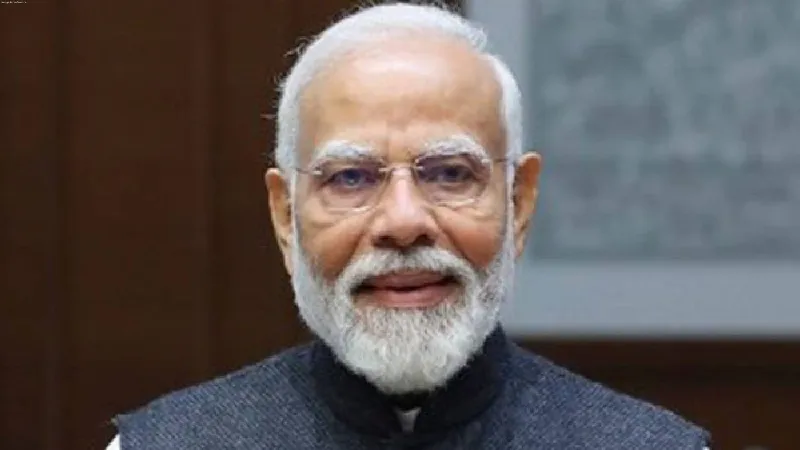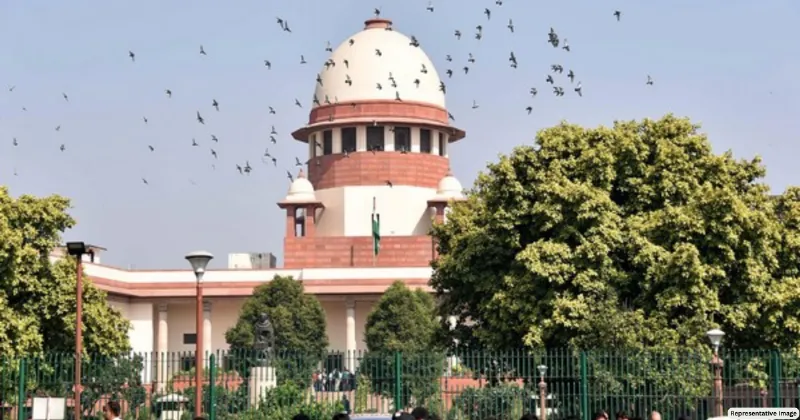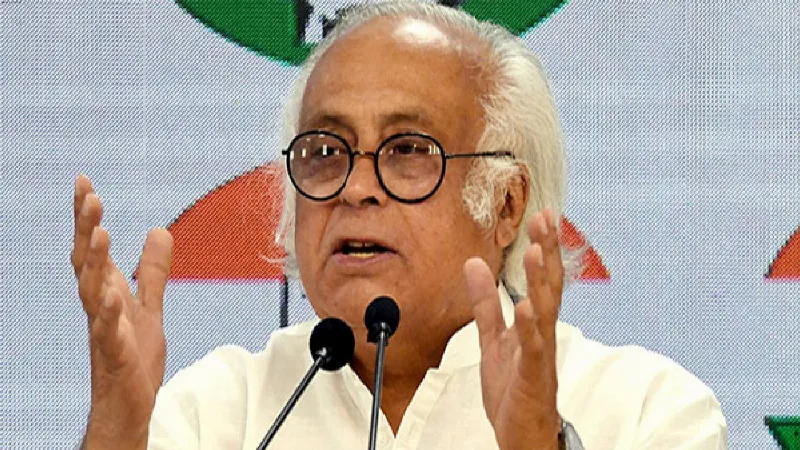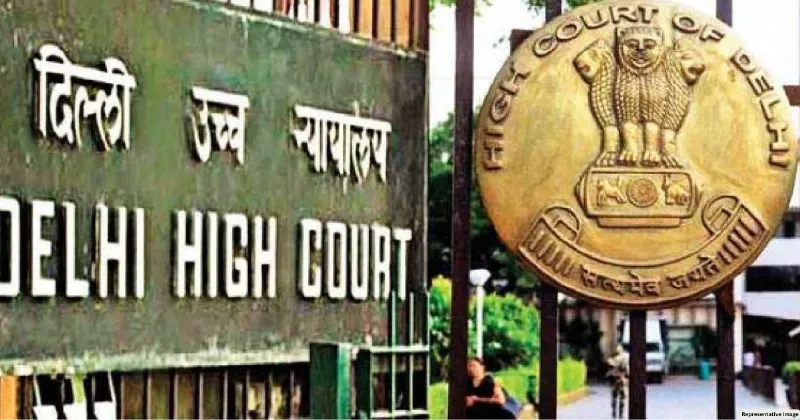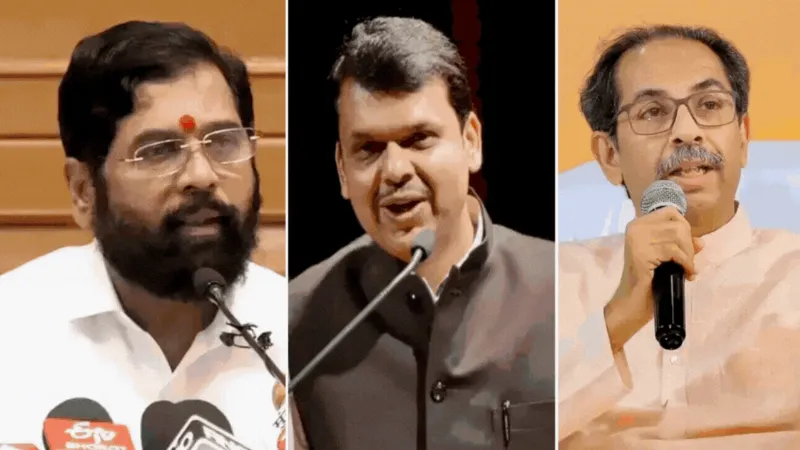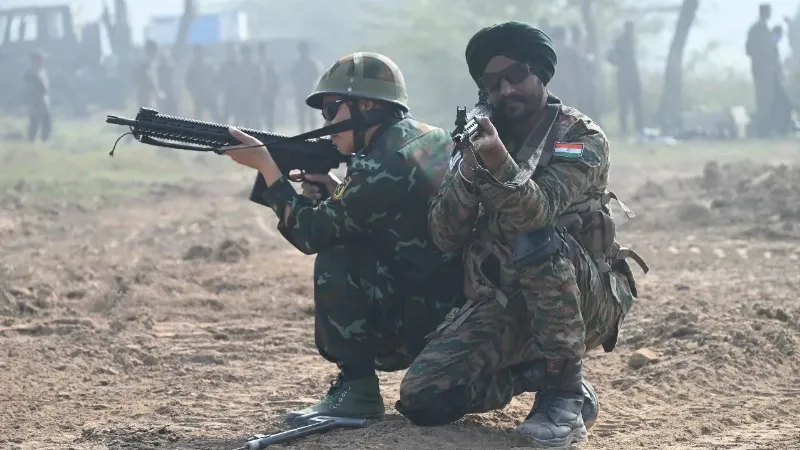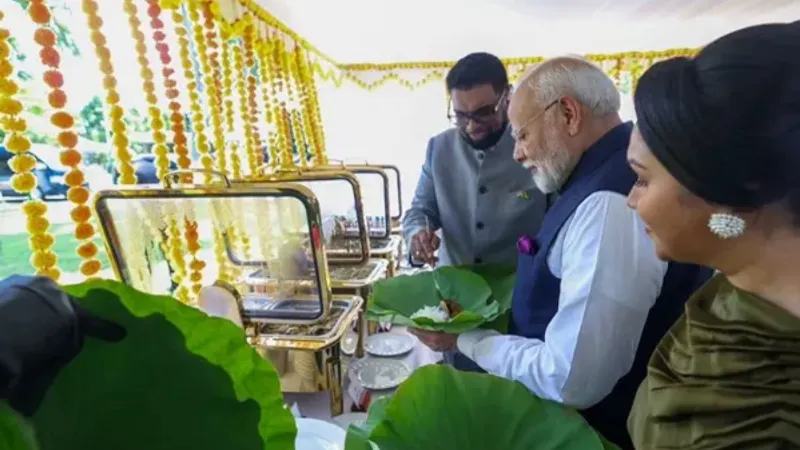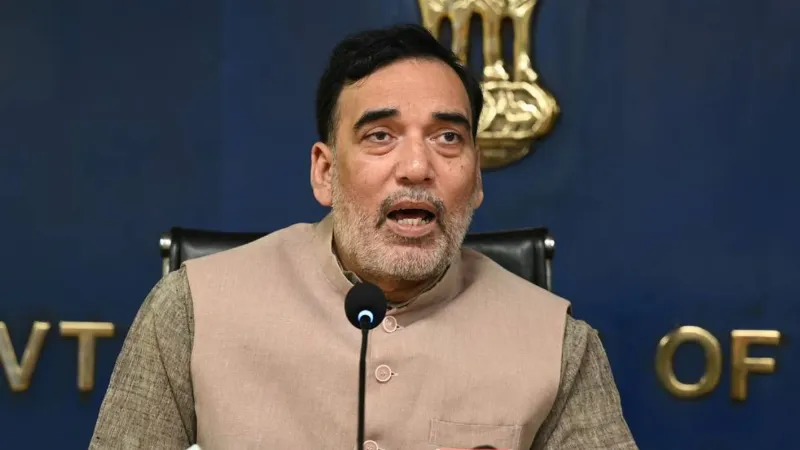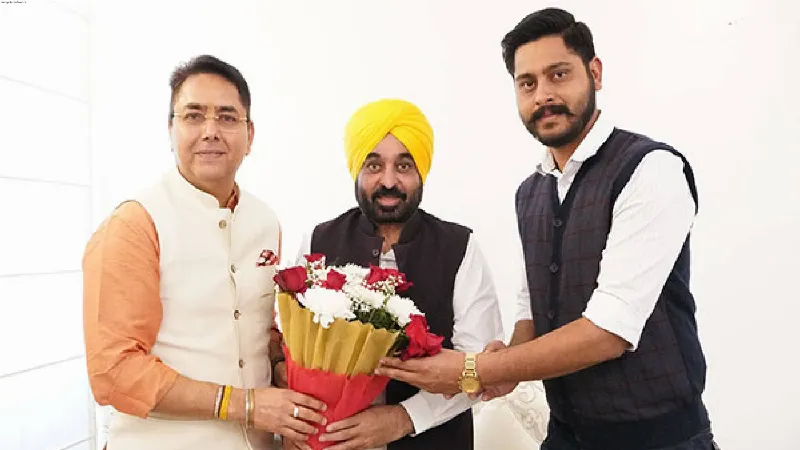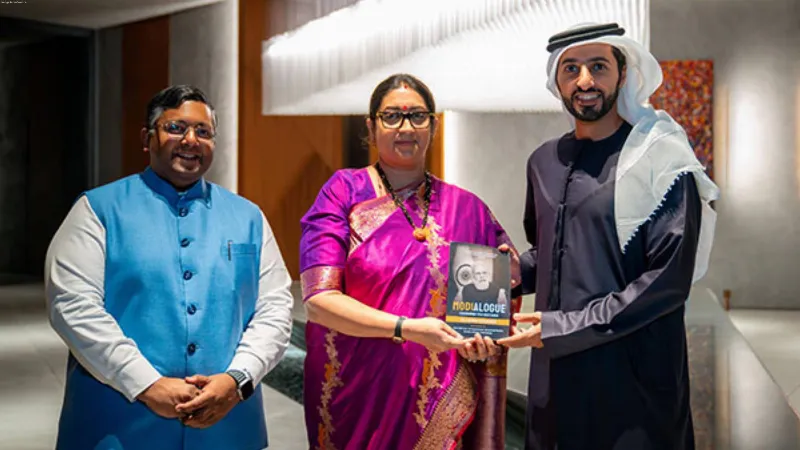"SC shouldn't give recognition...not consistent with Indian values": Top cleric on same-sex marriage
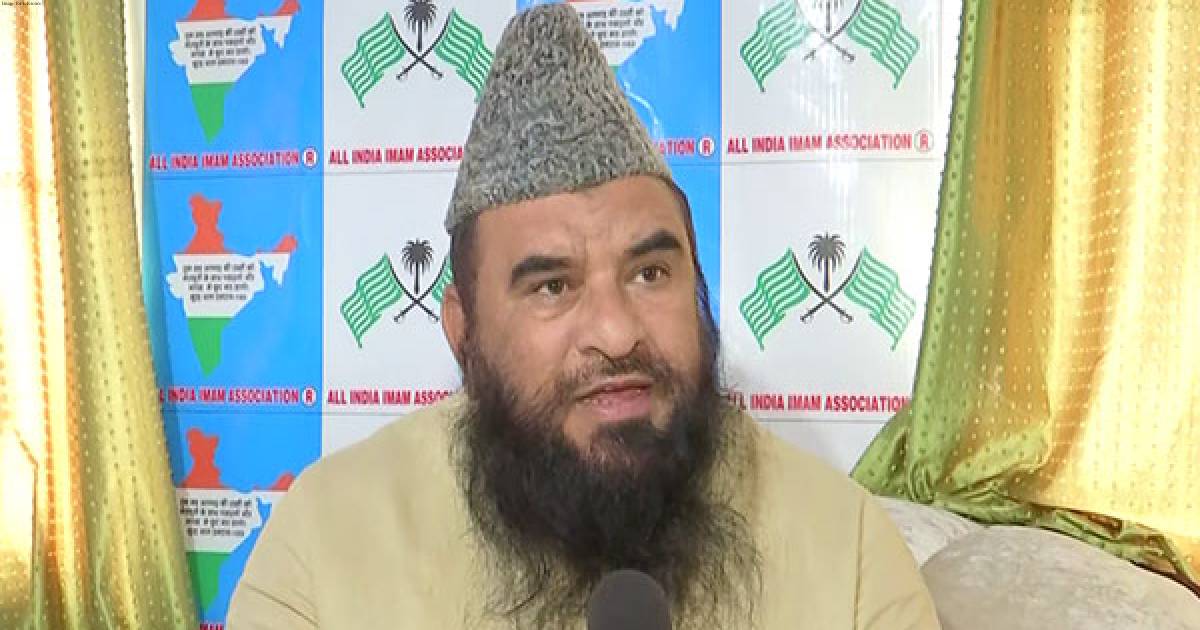
New Delhi: As the five-judge Constitution Bench of the Supreme Court, led by Chief Justice of India (CJI), Justice DY Chandrachud, held a crucial hearing on a batch of pleas seeking recognition of same-sex marriage, Muslim cleric Maulana Sajid Rashidi said urged the apex court not to recognise such marriages and rule them as a "crime" instead.
Speaking to ANI on Tuesday, Maulana Rashidi, said same-sex marriage was consistent with India's culture and was, in fact, a practice borrowed from the West.
"The practice does not represent the Indian culture and is, in fact, an idea borrowed from the West. The Europeans and the West are open about these things but such practices should never be encouraged or allowed in India. All marital practices in the country are rooted in our time-honoured values and societal traditions. The Supreme Court should carefully consider our core values and beliefs before passing its final verdict in the matter," Rashidi told ANI.
The Constitution Bench of the SC took up a batch of pleas seeking marriage equality rights for the LGBTQIA+ community.
"The decision to decrminalise same-sex marriage in 2018 was wrong. The practice should never have been removed from the criminal category. It is unnatural for a person to marry another person of his gender. Nature (Kudrat) made boys and girls different. This (pleas seeking SC nod to same-sex marriage) is nothing but an attempt to vitiate Indian culture. I urge the Supreme Court to criminalise the practice," Rashidi added.
Apart from the CJI, the five-judge Constitution bench comprised Justices Sanjay Kishan Kaul, S Ravindra Bhat, Hima Kohli, and PS Narasimha.
The order on the same-sex marriage case was reserved on May 11 after counsels from all sides concluded their arguments.
The Constitution Bench began the hearing on the batch of pleas on April 18.
The Supreme Court clarified that it will deal with the issue under the provisions of the Special Marriage Act and will not touch the personal laws on this aspect.
The Centre has opposed the pleas saying that the Parliament, which is the country's primary legislative body, and not the court, should be the final arbiter in the matter.
The Centre on April 18 wrote to states, asking them to put forward their opinion on issues pertaining to same-sex marriage.
Assam, Andhra Pradesh, and Rajasthan have opposed legal recognition to same-sex marriages.

